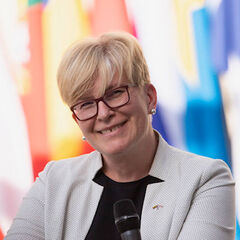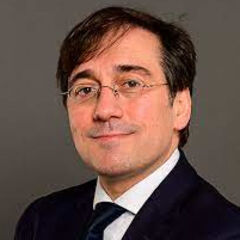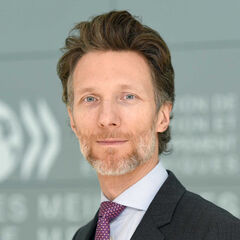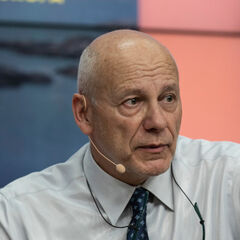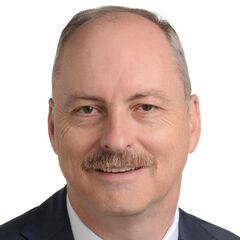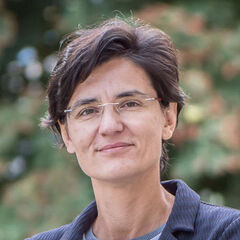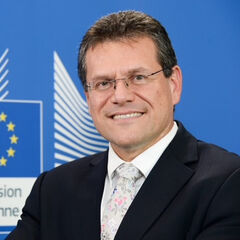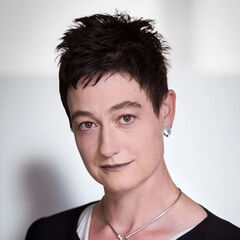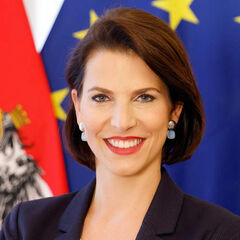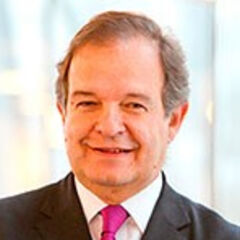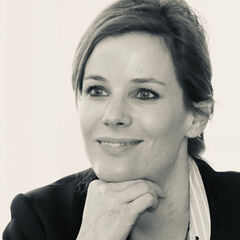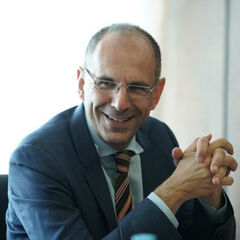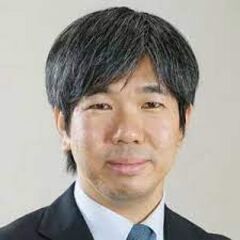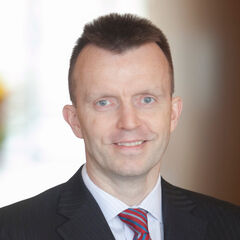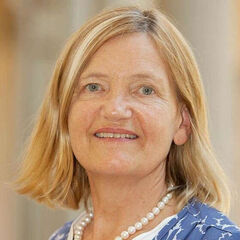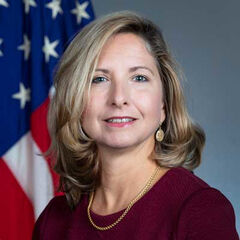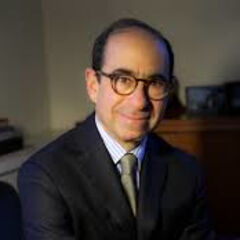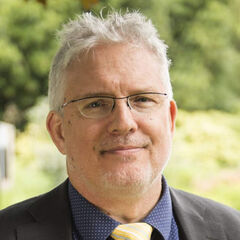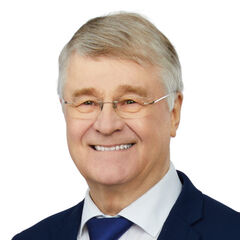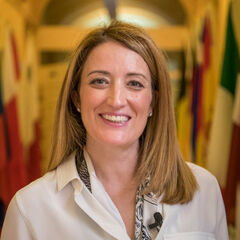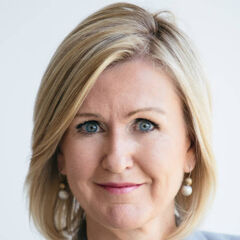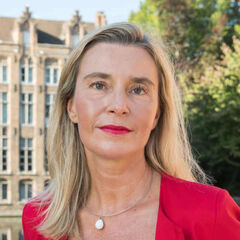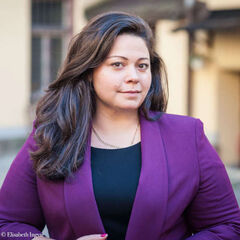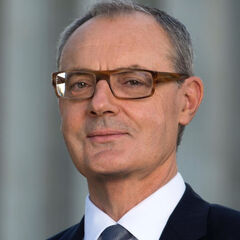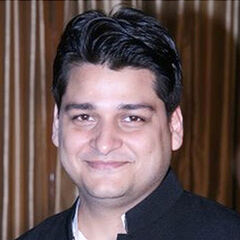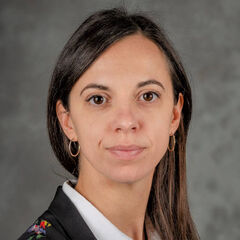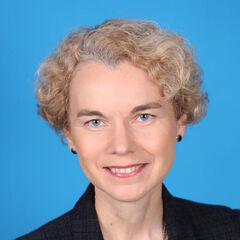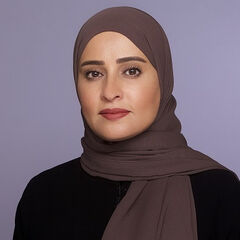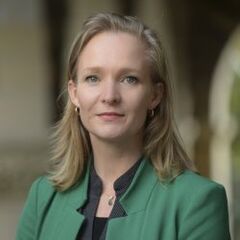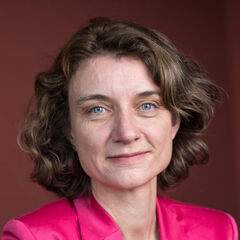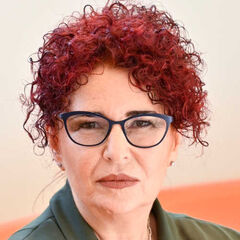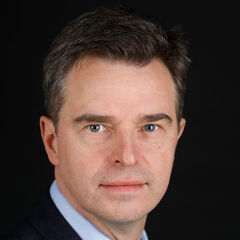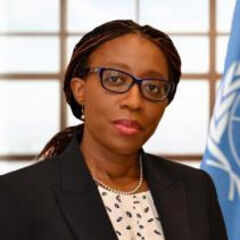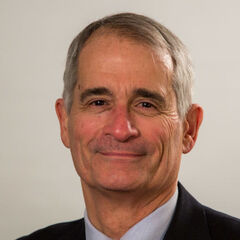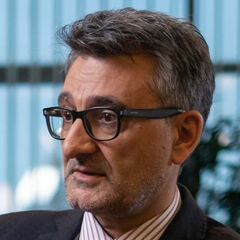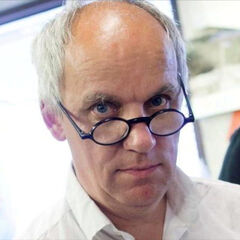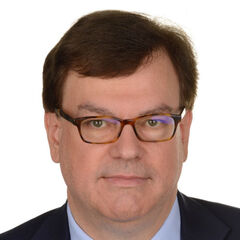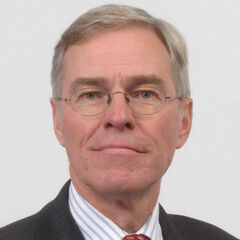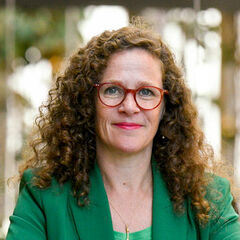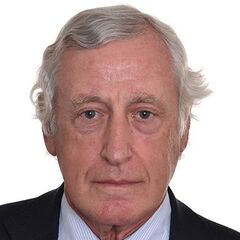2021 ESPAS Annual Conference 18-19 November
Introduction video For the 2021 Conference
2021 ESPAS Annual Conference
Shaping Europe's future:
Global trends and strategic choices
The 2021 ESPAS Annual Conference took place on Thursday, 18 and Friday, 19 November, with successive days hosted by the European Commission and the European Parliament.
Leading public figures and experts from around the world came together, largely virtually, to identify and analyse long-term global trends. Speakers addressed the implications of these trends for the European Union, and highlighted some of the choices Europe needs to make in a rapidly changing world. The role of foresight in this endeavour was at the heart of the discussions over the two days.
On the first day of the conference, European Commission Vice-President for Foresight, Maroš Šefčovič announced a significant new project to create a systematic horizon-scanning capacity, built on the expertise of the ESPAS institutions, to create a strong and collective 'early-warning' system for the EU. The Conference also played host to several European ‘Ministers of the Future’, who discussed developing foresight capacity in Member States. Panel sessions focused on Europe’s capacity and freedom to act, European resilience, the twin green and digital transitions, and on integrating foresight into policy-making.
On the second day, the Director-General of the European Parliamentary Research Service, Anthony Teasdale set out the achievements of inter-institutional cooperation within the ESPAS process. Speakers on this day included First Vice-President of the European Parliament, Roberta Metsola, MEP, UN Under Secretary-General, Dr Vera Songwe, former US National Security Advisor, General HR McMaster, and Federica Mogherini, former EU High Representative for Foreign Affairs and Security Policy. Panel sessions focused on the major global trends: what kind of new international order Europe and the world might be dealing with in 2040; how the rise of authoritarianism could be countered; how artificial intelligence will change humanity; Europe’s future strategic choices; how to build a sustainable economy after the pandemic; and what is the future for Europe’s relations with the US and the Indo-Pacific.
Speakers
Programme
This year's ESPAS Annual Conference was the setting for a fascinating debate on Europe's future strategic choices. The Conference focused on the challenges and opportunities for Europe on security, the economy, climate change, the twin green and digital transitions, democracy, the future of transatlantic relations, and the role of foresight in policy-making.
See the programmeSpeakers
This year's ESPAS Annual Conference featured high-level speakers from across the world. From Europe, Vice-President of the European Commission, Maroš Šefčovič; from Africa, Dr Vera Songwe, UN Under Secretary-General; and from the United States, former US National Security Advisor, General HR McMaster, and the Director of the Strategic Futures Group in the National Intelligence Council, Maria Langan-Riekhof.
See the speakersSummaries of the conference sessions
- How to build back better towards a greener, fairer recovery
- Democracy and authoritarianism: How to reverse the drift to Caesarism?
- How to use future scenarios for policy-making in an era of profound transitions
- Resilience in practice: What does this mean for an open Europe?
- Europe and the world in 2040: What kind of new international order?
- Europe, America and the Indo-Pacific: The geopolitics of the future
- How will AI change humanity and can we master our digital futures?
- Tomorrow's world - and its risks, opportunities and choices for Europe (Part 1)
- Tomorrow's world - and its risks, opportunities and choices for Europe (Part 2)
- Transatlantic foresight 2040 Comparing and assessing scenarios for common challenges ahead
